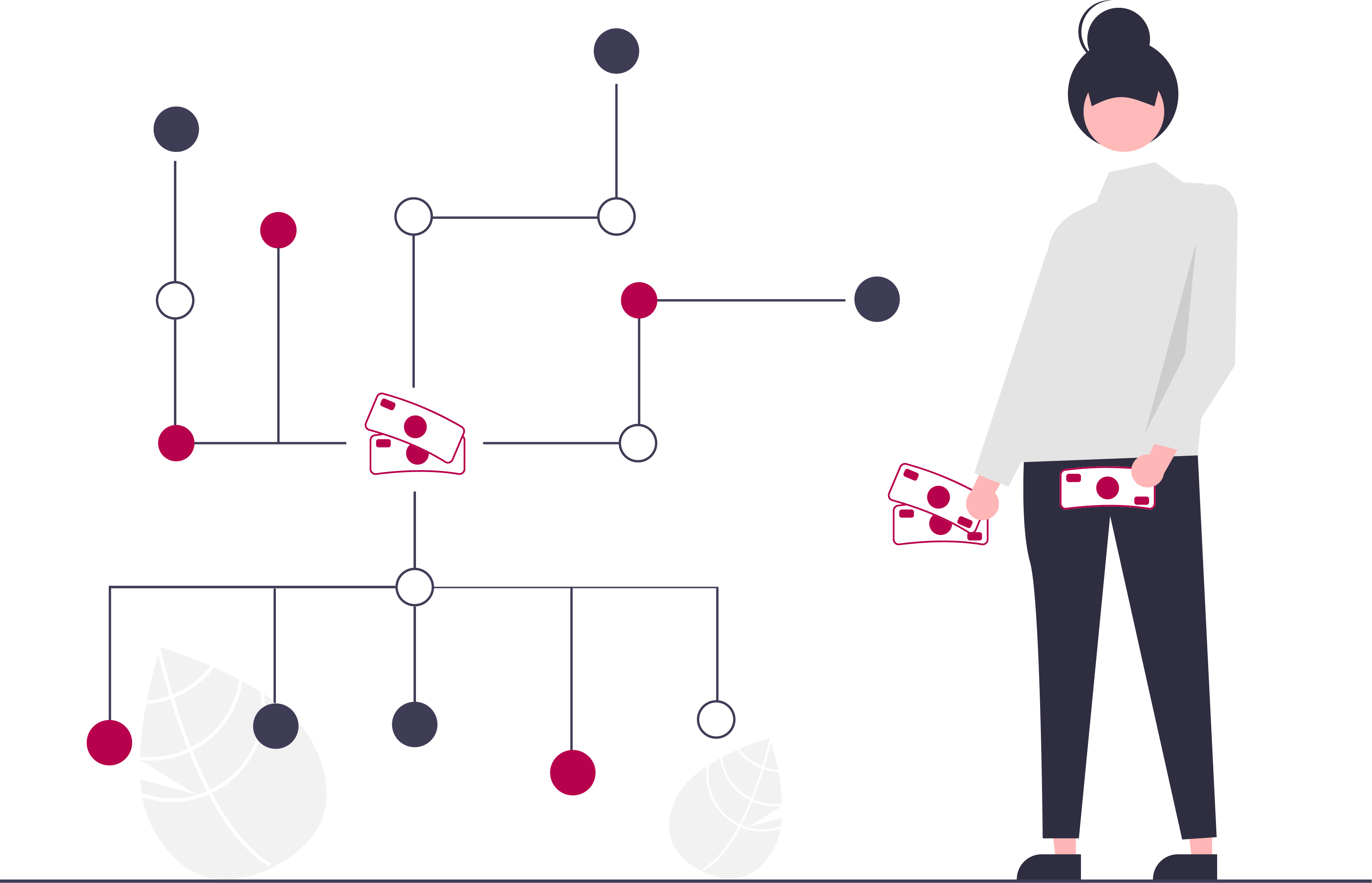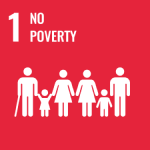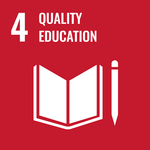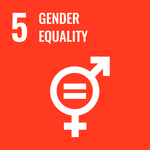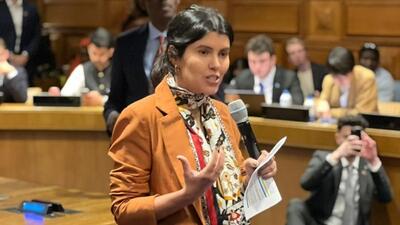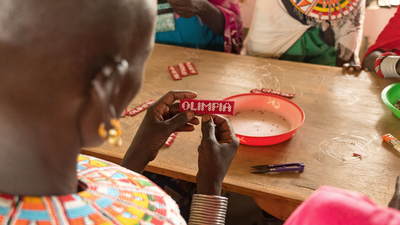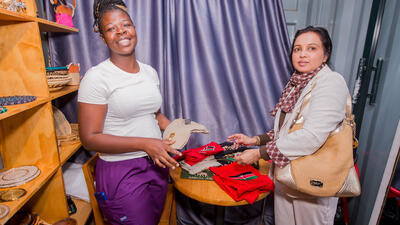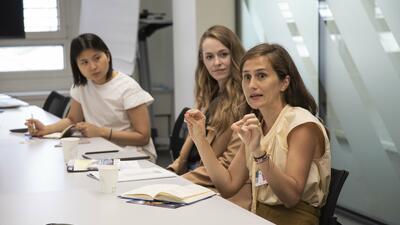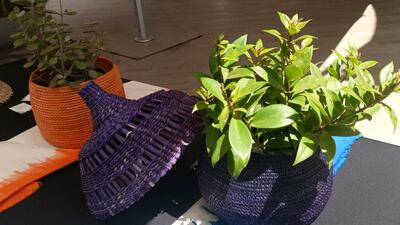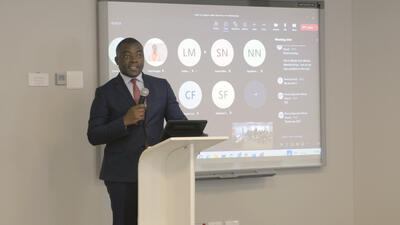RESI High Skills
Overview
Summary
RESI High Skills aims at giving continuity to the work ITC has been carrying out towards leveraging digital tools and technology to develop economic opportunities for displacement-affected communities and their hosts.
In 2019 -2020, RESI High Skills will connect youth to online freelancing jobs in front-end development, graphic design and internet marketing. The project will seek to develop pilot partnerships with leading technology companies and complementary private sector actors to explore new digital tools and technologies to build skills and enhance economic opportunities for refugees.
The model of RESI High Skills targets primarily youth from displacement affected and host communities that have graduated from digital and creative industry vocational training. Local MSMEs are also targeted to support local trade and enhance opportunities for freelancers. The project supports upgrading of skills and connections to markets. One component of the project will be implemented in partnership with the Norwegian Refugee Council in the Kakuma refugee camp, Kenya, while new partnerships will be explored for the expansion of ITC's work in contexts of migration and displacement.
In 2020, additional emphasis will be placed on integrating the lessons learned from the RESI model (RESI High Skills, RESI Gaza, RESI Dadaab, etc.) into a broader RESI Digital strategy, as well as continuing to grow the awareness of ITC's work in contexts of displacement and migration.
The 2021 RESI High Skills funds will contribute to the development of a framework for TRTA in fragile settings, continue to test the appropriate models for delivering TRTA to displacement affected communities and continue to increase the visibility of ITC's work in this space.





